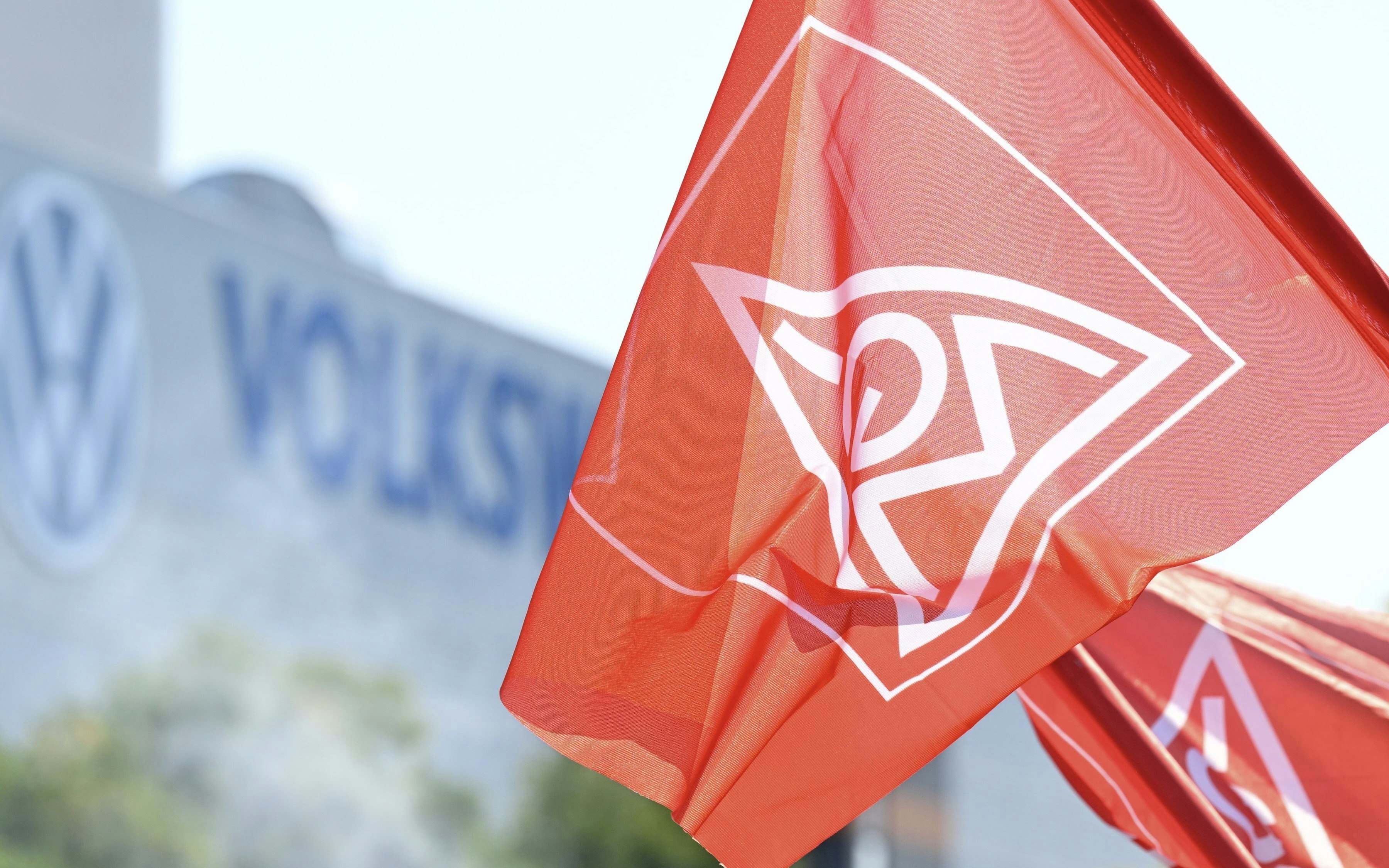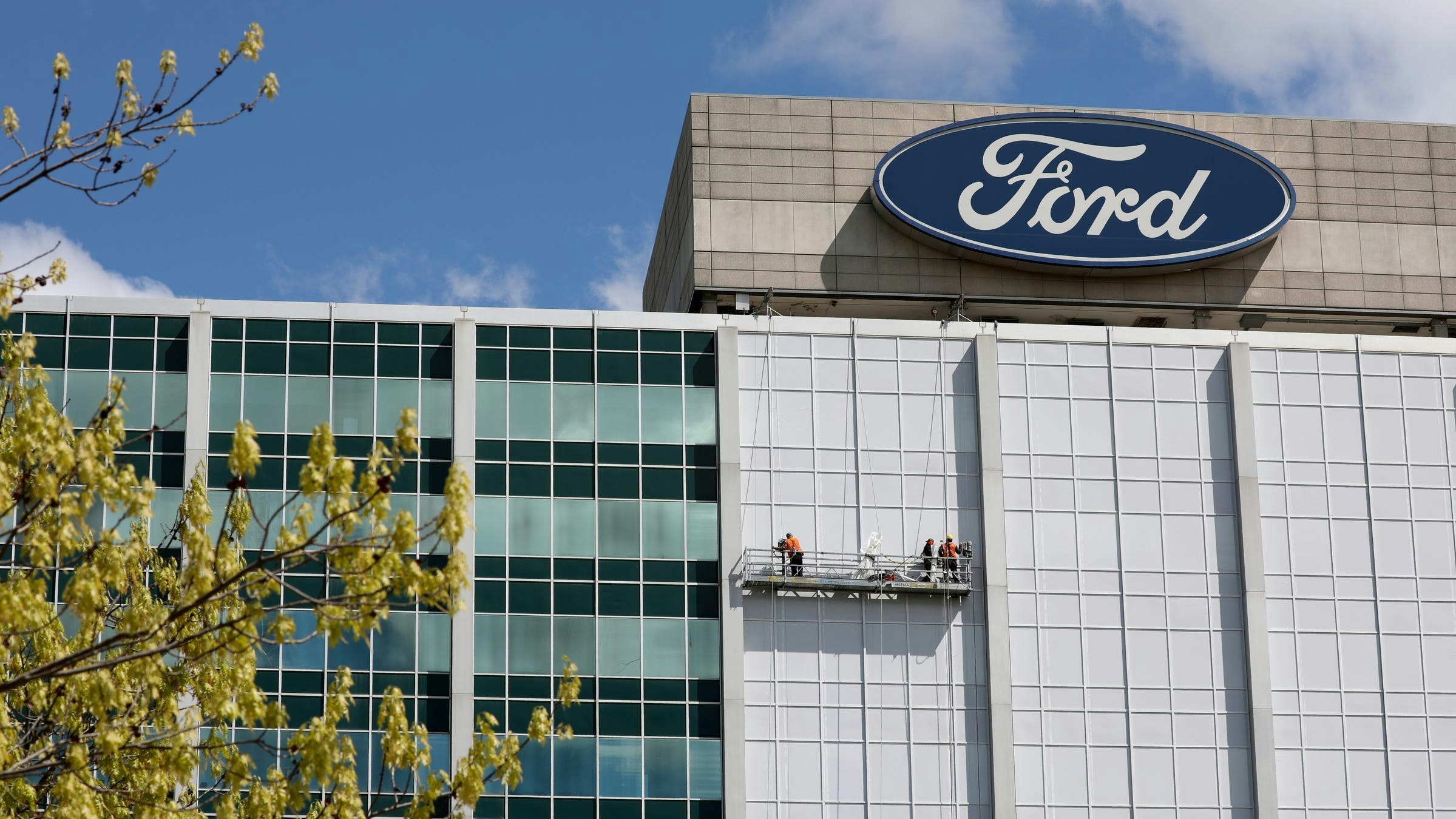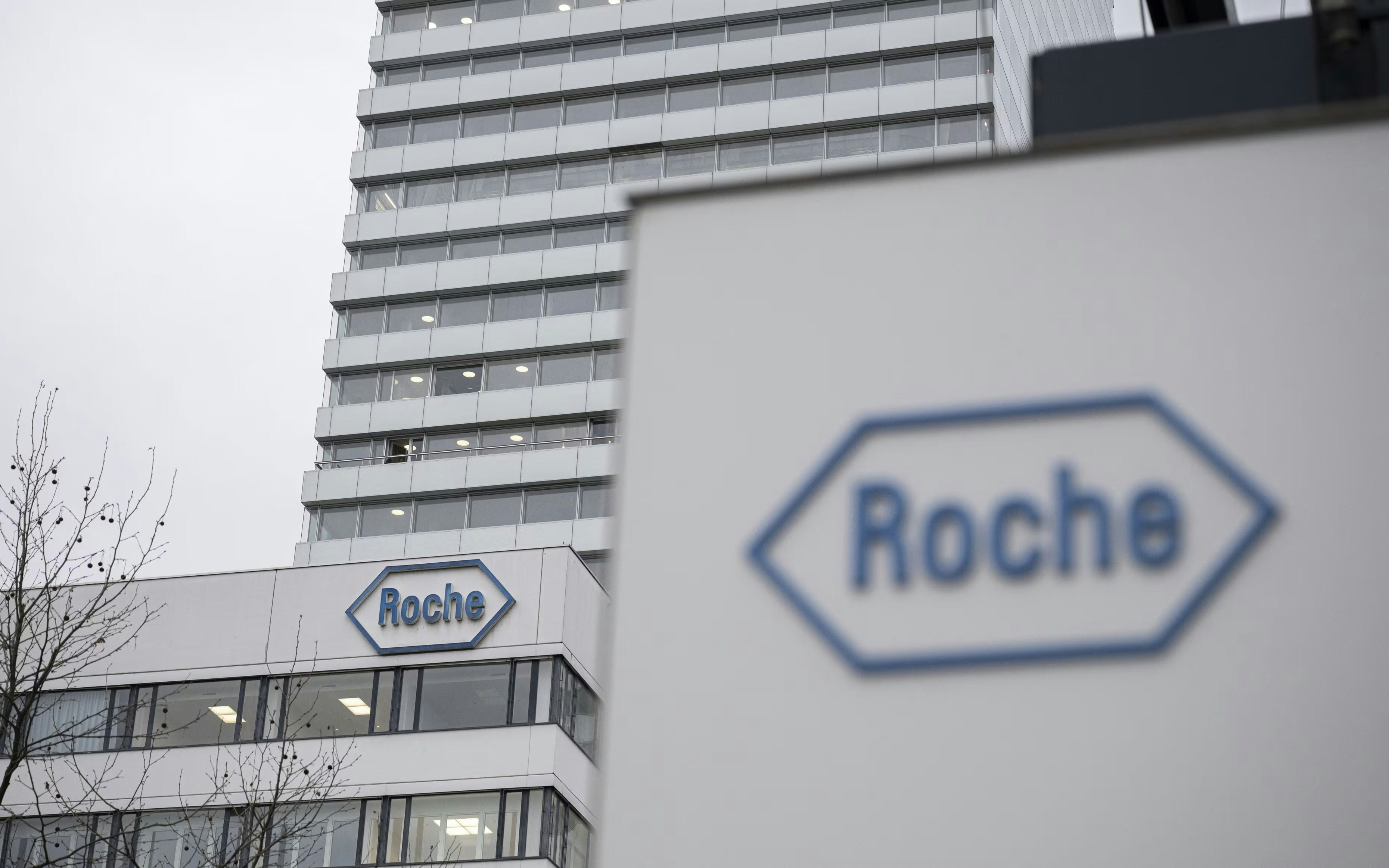The conflict between Volkswagen and IG Metall is escalating: On Monday, the union announced widespread warning strikes that are set to bring production to a halt at all six major VW plants in Germany. The aim is to increase pressure on management in the dispute over wage cuts, plant closures, and job cuts.
Thorsten Gröger, chief negotiator of IG Metall, emphasized that the actions are meant to send a clear signal: "We do not wish for this conflict, but we will carry it out as long as the management focuses only on cuts instead of perspectives." Works council chairwoman Daniela Cavallo also warned of growing frustration among the workforce and announced "great support" for the warning strikes.
The protests follow the rejection of a compromise proposal from IG Metall by management. This proposed initially converting a possible tariff increase into a future fund for work time reduction, thus saving 1.5 billion euros. However, Volkswagen deemed the concept unsustainable.
Volkswagen plans to save an additional five billion euros annually. In addition to a ten percent wage cut, plant closures and layoffs are also under consideration. Brand chief Thomas Schäfer emphasized that the company must "adapt its capacities to new realities." Currently, two production sites are redundant because the demand in Europe is around 500,000 vehicles below capacity.
Above all, the plants in Dresden, Osnabrück, and Emden are considered at risk. Closing the plant in Emden could bring savings of 600 million euros according to internal calculations. However, decisions on this have not yet been made.
If no agreement is reached, one of the toughest conflicts in the company's history threatens. Warning strikes at Volkswagen have already caused a stir in the past, most recently in 2018 in all major German plants. The collective bargaining negotiations are to continue on December 9. CEO Oliver Blume will face the workforce at a works meeting in Wolfsburg on Wednesday.







